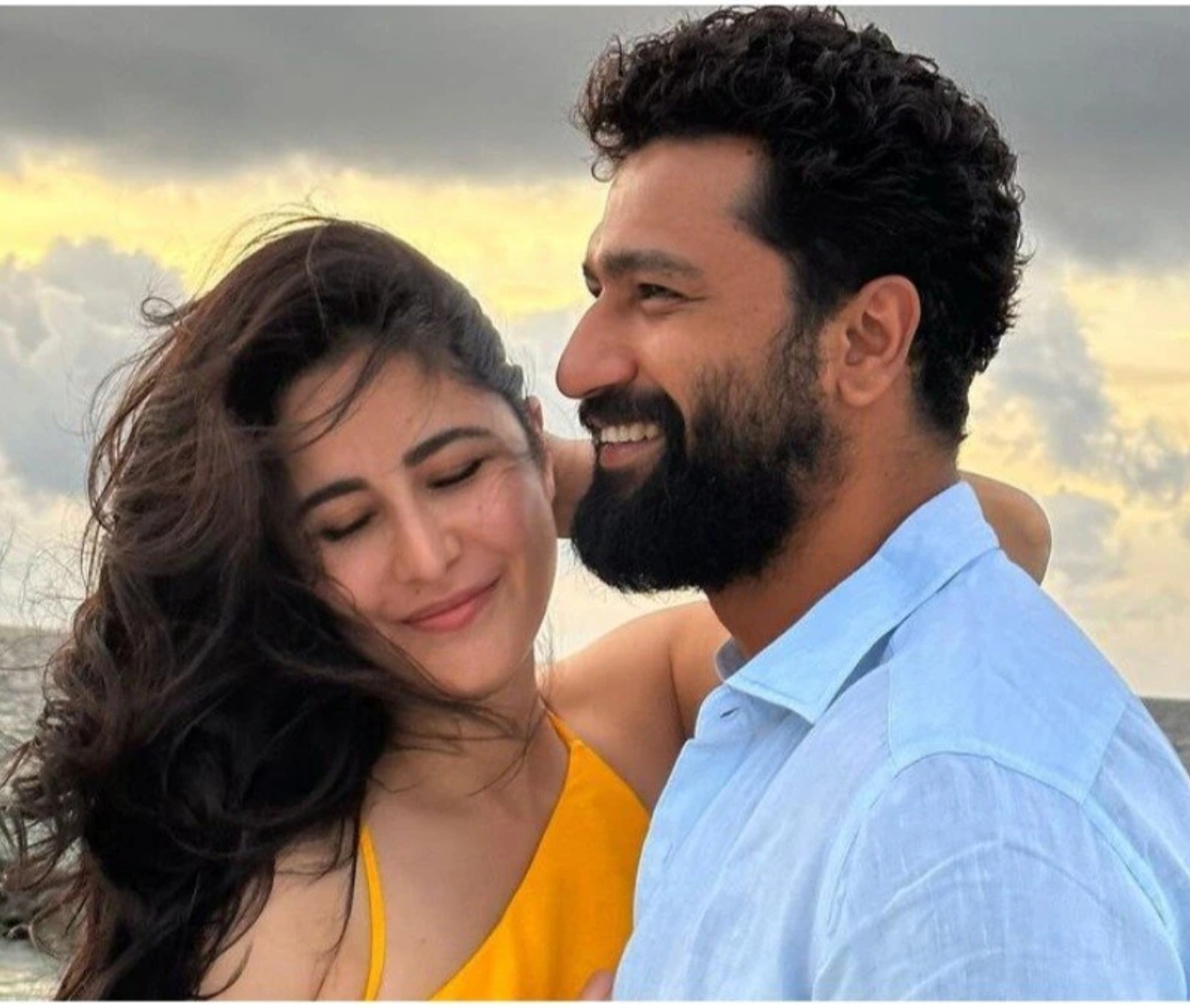The Centre is scheduled to table the ‘One Nation, One Election’ (ONOP) Bill in the Lok Sabha on Tuesday, December 17, at noon. In advance of the presentation of the bill, the Bharatiya Janata Party (BJP) has issued a three-line whip for the attendance of all its Members of Parliament (MPs).
The government declared on Monday that Union Law Minister Arjun Ram Meghwal will present two bills in the Lower House: the ONOP Bill, which is also known as The Constitution (One Hundred and Twenty-Ninth Amendment) Bill, 2024, and The Union Territories Laws (Amendment) Bill. After this declaration, BJP’s allies, like TDP and Shiv Sena (Shinde faction), also directed their MPs to attend the House.
The ONOP Bill has been introduced following the approval of a Constitutional Amendment Bill for the concept of simultaneous elections for the Lok Sabha and state assemblies by the Prime Minister Narendra Modi-led Cabinet. Meghwal will present the bill on Tuesday, which aims to synchronize elections across the country.
Once introduced, Meghwal is likely to move that the Speaker of Lok Sabha Om Birla refer the bill to a Joint Committee of Parliament for further debate. This committee will be constituted as a proportionate representation of the MPs belonging to the parties.
It is criticized by opposition leaders Mamata Banerjee and MK Stalin, chief minister of West Bengal and Tamil Nadu respectively, as an “anti-democratic” step by India’s democracy.
The Cabinet has also approved the report of the Ram Nath Kovind Committee, which suggests simultaneous polls. Kovind had earlier made it known that while consulting for the report, 32 political parties were said to favour the idea while 15 opposed it. He has also stated that ONOP may lead to a surge of 1-1.5% in India’s GDP, as opined by economists.
The ONOP plan will be rolled out in two phases. In the first phase, simultaneous elections for Lok Sabha and state assemblies will be conducted. In the second phase, elections for local bodies, panchayats, and municipalities will be conducted within 100 days of general elections. Besides, a common electoral roll will be put in place, and a dedicated implementation group will be formed.
Concurrent elections used to be conducted in India from 1951 to 1967. Since then, the idea of conducting concurrent elections has been re-visited in a plethora of reports and studies which have demanded the return of concurrent elections.
Also Read: Anticipatory Bail GRANTED To Sushil Singhania, Uncle Of Atul’s Wife, Updates




![]Newly elected Pope Leo X](https://www.newsx.com/wp-content/uploads/2025/05/Pope-Leo-XIV-AI-Church-Robert-Francis-Prevost-American-Pontiff-Vatican-City-300x169.webp)


















